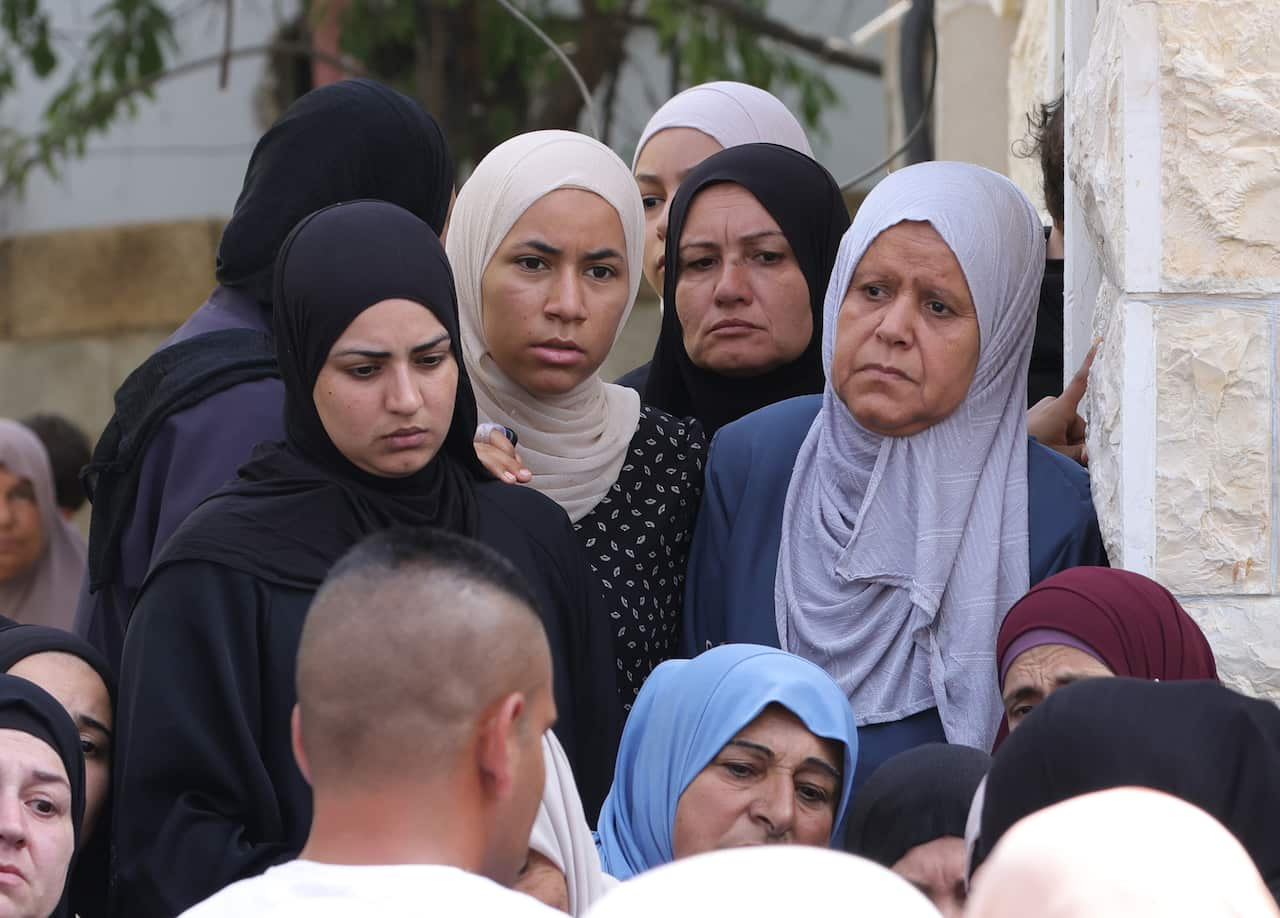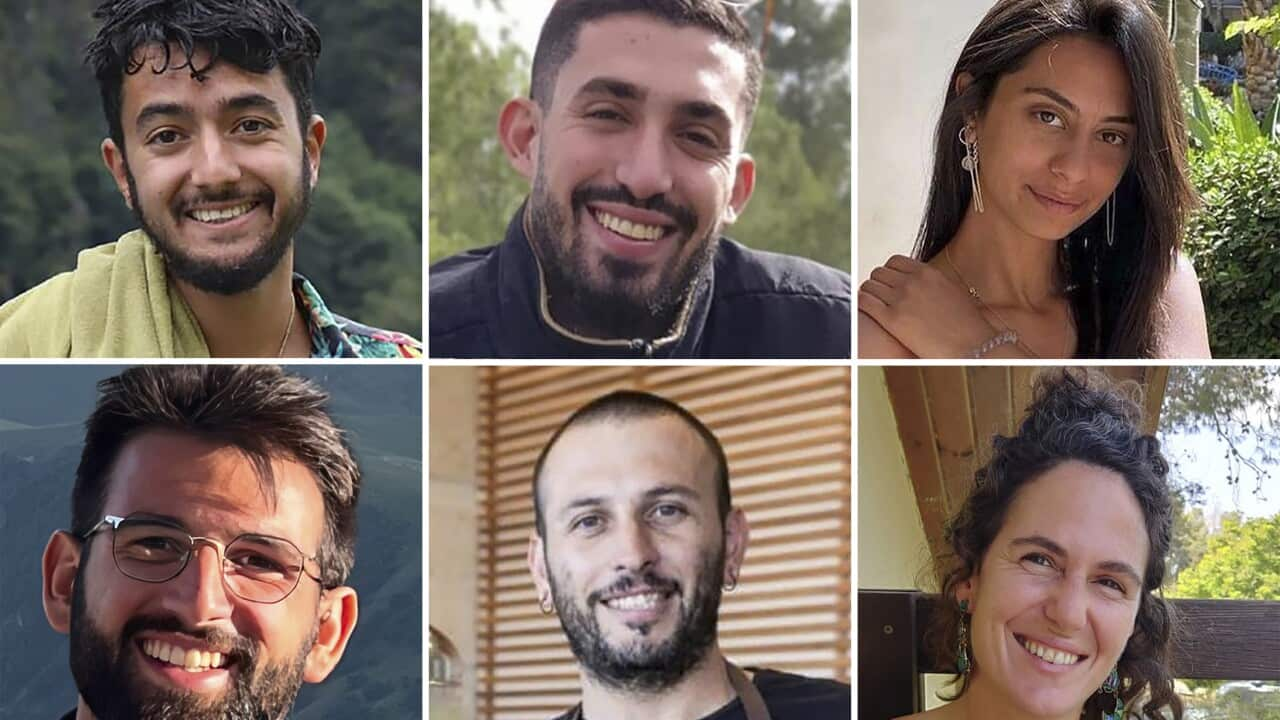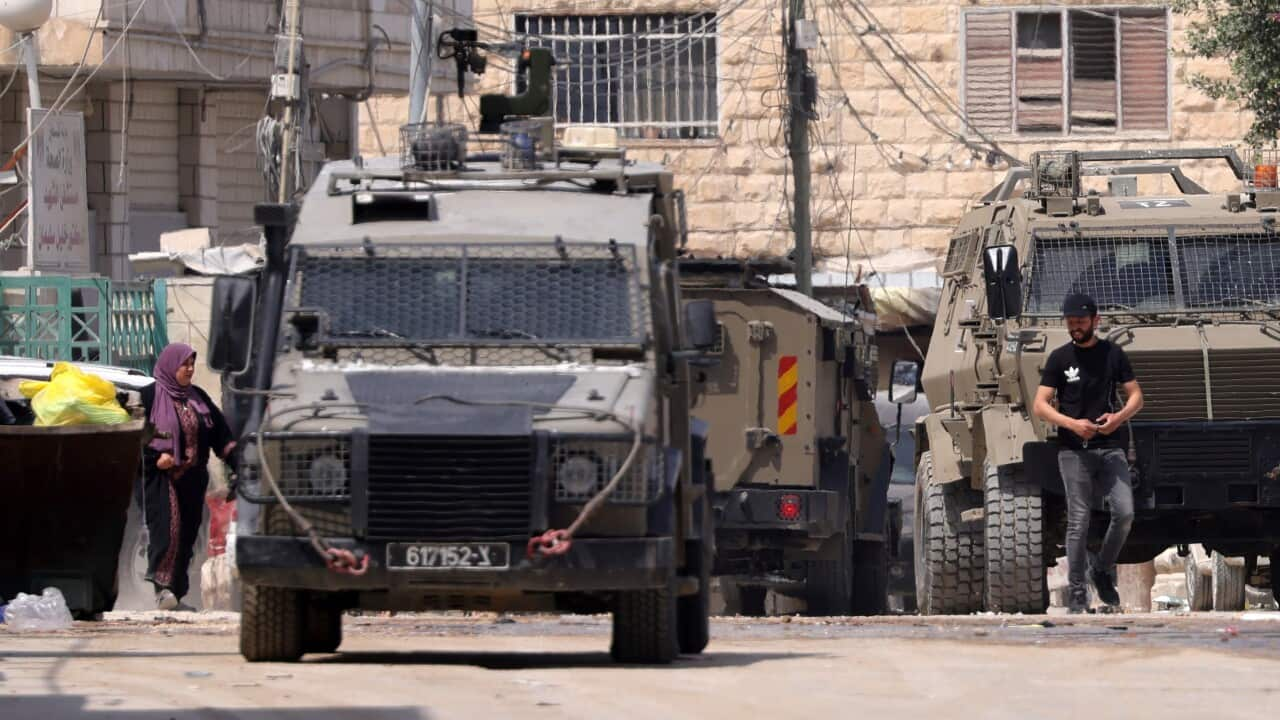Key Points
- Protests in Israel against Benjamin Netanyahu have continued into a second day after a general strike by labour unions.
- Demonstrators are urging Netanyahu to reach a ceasefire agreement that frees remaining Israeli hostages in Gaza.
- Netanyahu has rejected calls to ease his position on the Philadelphi corridor, a major sticking point in negotiations.
Israeli Prime Minister Benjamin Netanyahu has rejected calls to soften his demand to keep troops in the southern Gazan border area as the price for a ceasefire deal, saying it was vital for Israel to control a key lifeline for Hamas.
The issue of the so-called Philadelphi corridor, on the southern edge of the Gaza Strip bordering Egypt, has been a major sticking point in efforts to secure a deal to halt the fighting in Gaza and return Israeli hostages held by Hamas.
Hamas has rejected any Israeli presence, while Netanyahu has insisted that Israel will not abandon the corridor, where Israeli troops have uncovered dozens of tunnels they say have been used to smuggle weapons and ammunition into Gaza.
"The 'axis of evil' needs the Philadelphi corridor, and for that reason, we must control the Philadelphi corridor," he told a news conference in Jerusalem.
"Hamas insists for that reason that we not be there, and for that reason, I insist that we be there."
If Israel were to pull out of the corridor, international pressure would make it difficult to return, he said.

Israeli Prime Minister Benjamin Netanyahu's stance on the prolonged negotiations, which have shown little progress, has frustrated allies, including the United States. Source: AAP / Ohad Zwigenberg/AP
On Sunday, Gallant, who has clashed repeatedly with Netanyahu and other ministers, called on the cabinet to reverse an earlier decision to keep troops in the Philadelphi corridor to reach a deal to bring more hostages home.
US says Benjamin Netanyahu not doing enough on hostage deal
US President Joe Biden said Netanyahu was not doing enough to secure a hostage deal, an issue that has gained renewed urgency following the Israel military's recovery of the bodies of six Israeli hostages in Gaza on Sunday, only hours after they were shot dead.
On Monday, while speaking to reporters at the White House, Biden was asked whether he thought Netanyahu was doing enough to reach a hostage deal. "No," he replied, without elaborating on his remarks.

US President Joe Biden has said Israeli Prime Minister Benjamin Netanyahu is not doing enough to reach a ceasefire agreement with Hamas. Source: AAP / Michael Brochstein/Sipa USA
"We're asked to make concessions? What message does this send Hamas? It says, kill more hostages," he said.
Opposition leader Yair Lapid called Netanyahu's comments in the news conference "baseless political spin" aimed at ensuring his political survival by placating his coalition partners Bezalel Smotrich and Itamar Ben-Gvir, who lead two hardline parties that reject any accommodations to reach a deal.
Israeli protests continue
Israeli protesters took to the streets for a second day on Monday (local time), and the largest trade union launched a general strike to press the government to reach a deal to return hostages still held by Hamas after six more captives were found dead in Gaza.
The strike disrupted transport and medical services in several Israeli districts and many shops and businesses were closed after the head of the Histadrut union, which represents hundreds of thousands of workers, called a national stoppage.
The recovery on the weekend of the six hostages triggered a wave of grief and fury in Israel, prompting at least half a million people to take to the streets in Jerusalem and Tel Aviv on Sunday.

Protests in Israel urging Benjamin Netanyahu's government to do more to reach a deal to secure hostages have continued into a second day. Source: AAP / Atef Safadi/EPA
On Monday, thousands again gathered in Tel Aviv, waving blue and white Israeli flags or carrying photographs of hostages.
The strike and street demonstrations follow months of protests by families representing some of the hostages and underscore the deep divisions that have opened up in Israel over Netanyahu's approach to securing a ceasefire deal.
Hamas militants seized more than 250 hostages in their October 7 attack on Israel, killing 1,200 Israelis and foreigners, according to Israeli tallies.
Since October 7, 117 hostages have been returned alive to Israel. . Four have been released by Hamas and eight have been rescued by the Israel Defence Forces. Israeli troops mistakenly killed three Israelis who escaped captivity in December.
The most recent hostage to be released was Qaid Farhan Alkadi, who was .
About a third of the 101 Israeli and foreign captives still in Gaza are , with the fate of the others unknown.
Israel's nearly 11-month-long assault in Gaza has laid waste to the enclave and killed more than 40,600 Palestinians, according to Gaza authorities.
Palestinian man dies in detention in the West Bank
On Monday, Israeli troops turned over to Palestinian health authorities the body of a Palestinian man who died after his arrest hours earlier in the occupied West Bank as a major operation in the city of Jenin continued for a sixth day.
The Palestinian Red Crescent said it had received the body of 58-year-old Ayman Rajeh Abed from the village of Kafr Dan, just outside Jenin, after he was arrested around dawn on Monday.
The director of the Wissam Bakr hospital in Jenin said the body bore signs of beatings and torture.

Mourners during the funeral of Ayman Rajeh Abed, who died after he was detained by Israeli troops in the occupied West Bank. Source: AAP / Alaa Bardaneh/EPA
He was given initial treatment by medical staff from the military, before being evacuated to the hospital in Jenin.
"The IDF is aware of reports that the suspect died during his evacuation by the Red Crescent," it said in a statement, adding that details of the incident were under review.

Israel's operation in the occupied West Bank has killed at least 29 Palestinians and caused extensive damage to houses and infrastructure. Source: AAP / Nasser Ishtayeh/SOPA Images/Sipa USA
The military said troops had located an underground weapons cache and neutralised around 30 explosive devices, some of them buried underneath the roadway.
Israel launched the operation, one of the largest in months, on Wednesday, saying Iranian-backed militant groups were planning to attack civilian targets.
Hundreds of troops backed by drones and helicopters have taken part in the operation, which has caused extensive damage to houses and infrastructure in Jenin and the densely packed refugee camp adjacent to the city.
At least 29 Palestinians have been killed in Jenin and other areas of the West Bank, most of whom have been claimed as members by armed factions, including Hamas and Islamic Jihad.
Another 121 people have been wounded, according to Palestinian health authorities.
Late on Sunday, a man was killed west of Jenin city. On Monday, the Palestinian Red Crescent said a man had been hit in the chest by gunfire in Qabatiya near Jenin. His condition was described as serious.












